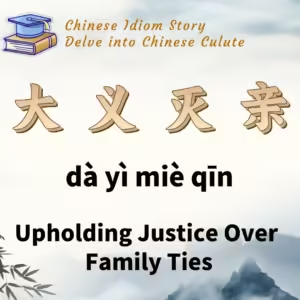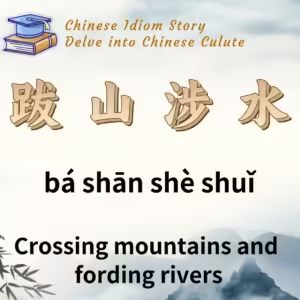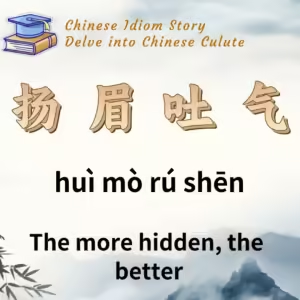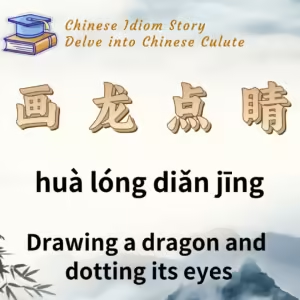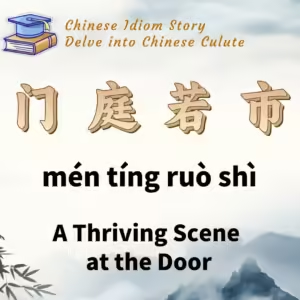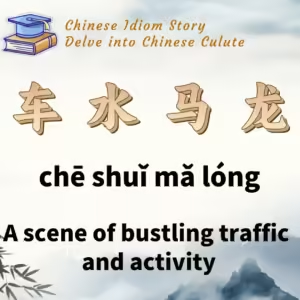
Chinese Idiom: 车水马龙 (Che Shui Ma Long)
English Translation: A scene of bustling traffic and activity
pīn yīn: chē shuǐ mǎ lóng
Idiom Meaning: Describes a lively and bustling scene with constant movement of vehicles and people, similar to the way a stream of water and a line of dragons move continuously.
Historical Source: Book of the Later Han · Annals of the Ma Family (《后汉书·马后纪》)
Idiom Story
Ma Hou, the daughter of the famous Eastern Han general Ma Yuan, was known for her modesty and selflessness. After her father’s death, she became a concubine of Liu Zhuang, who later became Emperor Ming of Han. When Emperor Ming died in 57 AD, Liu Zhuang ascended the throne as Emperor Zhang of Han. Ma Hou, now the empress dowager, was highly respected.
Emperor Ming had previously ordered portraits of those who helped restore the Han Dynasty, but Ma Hou was intentionally left out to avoid suspicion of favoritism. Ma Hou agreed with this decision and lived modestly. When her adopted son, Emperor Zhang, took the throne, he wanted to grant titles to Ma Hou’s relatives. However, Ma Hou opposed this, citing a previous rule that forbade bestowing titles to the families of imperial consorts.
During a severe drought the following summer, some opportunistic officials suggested that the disaster was a result of not granting titles to Ma Hou’s family and pressured Emperor Zhang to issue the titles. Ma Hou firmly disagreed, asserting that the drought was unrelated to the matter of titles and cited historical examples of the misfortune caused by powerful relatives.
To illustrate her point, Ma Hou recounted how, upon visiting her family, she observed their opulence and the constant flow of guests, describing it as “车如流水,马如游龙” (vehicles flowing like water and horses like dragons). She explained that her family lived in luxury and their servants were well-dressed, contrasting sharply with her own less privileged household. She strongly opposed the granting of titles to her relatives, arguing that it would only lead to further problems.
The phrase “车如流水,马如游龙” was later condensed into the idiom “车水马龙,” which vividly describes a busy and bustling scene of constant activity.

